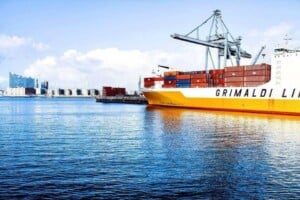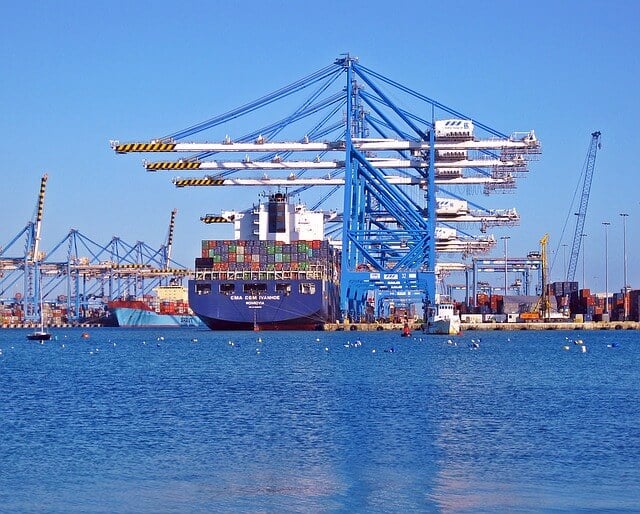
Peru – the Latin American mining powerhouse continues to growth, ranking highly against its Latin American neighbors. Peru even ranks ahead of other top 20 border markets such as Colombia, Mexico, Russia and South Africa. Investment confidence in the region is growing and many international investors have realized that doing business with Peru can be very profitable. Whether this investment be in the form of international trade, company formations or acquisitions, this developing country is very attractive for foreign investors.
Custom Categories in Peru
A nations customs regulations provide the legal framework for the importation and exportation of goods, including outlining the duties and tariffs applicable for specific goods, under specific circumstances. As such it is important for all companies involved with international trade are familiar with all of the local regulations and applicable fees and charges. Specifically, within Peru, the regulations define that all goods fall within eight distinct categories (and on occasion may fall within multiple categories). A brief outline of the categories is provided below:
- Import of Goods for Consumption – This category applies for goods that are imported for the sole purpose of consumption within Peru (i.e. Apples, Bananas, Grain) whereby a simple system of duties and taxes apply depending on the type of good, its origin and the volume.
- Re-import of Goods in the Same State – This category applies to goods that have already been exported and are now being re-imported back into Peru. This category only applies as long as the goods were not “transformed”, “elaborated” or “repaired” aboard. For this category there are no payments of duties and/or taxes levied.
- Temporary Admission of Goods For Re-export in the Same State – This Category applies to the temporary admission of certain types of goods without any payments of duties and/or taxes, provided the goods are identifiable and destined to be re-exported within a specific time-frame, and are not “transformed”, “elaborated” and/or “Repaired” within Peru. Goods classified under this regime are limited and determined by the Ministry of Economy and Finance.
- Definitive Export Goods – This applies to Peruvian Goods and/or goods nationalized in Peru that are to exported abroad. They are not subject to any duties and/or taxes.
- Temporary Export for Re-import in the Same State – This category applies to Peruvian goods that are to be temporally exported from Peru, with the purpose of re-importing them within a specific time-frame, without the good experiencing any type of modification. For example, goods used for artistic, cultural and/or sporting activities. When goods exported under this regime are subsequently re-imported they are not subject to the payment of customs duties and/or other applicable taxes.
- Temporary Export for Re-import in the different state – This category provides a means for the temporary exit of Peruvian and/or nationalized goods for their transformation, elaboration and/or repair abroad and then their re-importation within a specific time-frame.
- Temporary admission of Goods for active inward processing – This category allows for the entry of certain types of foreign goods with suspended payment of customs duties and import taxes on the basis that the goods will be exported within a specific time-frame, after having been subject to an inward processing operation that creates value in Peru. Active inward processing operations are those where goods are transformed, elaborated and/or repaired in Peru.
- Drawback – This regime only applies to approved goods, however it allows for the total and/or partial reimbursement of the customs duties that were levied during the importation of goods that are contained within the goods that are being exported.
As you can see, customs regulations are complex and require a comprehensive understanding of the the local laws and regulations to ensure correct application.
Biz Latin Hub can assist you doing business in Peru
At Biz Latin Hub, we provide integrated market entry and back office services throughout Latin America and the Caribbean, with offices in 17 key cities around the region, including Peruvian capital Lima.
Our unrivaled regional presence means we are ideally placed to support multi-jurisdiction market entries and cross-border operations, and our portfolio includes company formation, accounting & taxation, legal services, due diligence, and hiring & PEO, among others.
Contact us today to find out more about how we can assist you.
If you found this article on the Peru minimum wage rise of interest, check out the rest of our coverage of this South American market. Or read about our team and expert authors.





